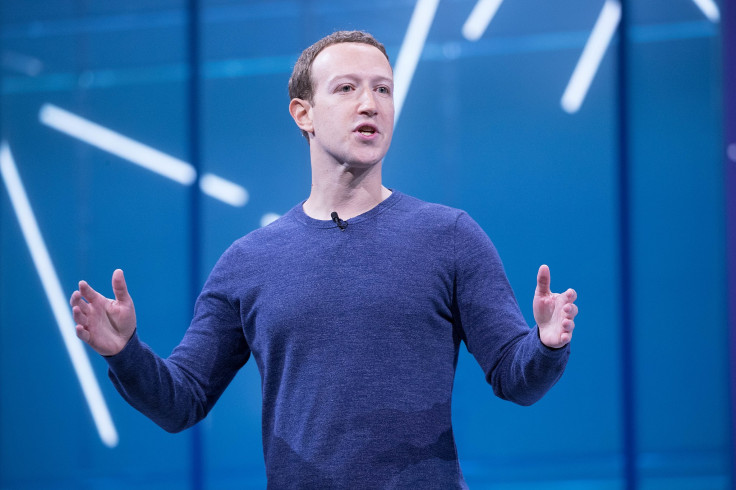
Mark Zuckerberg is not currently planning to jump on the Neuralink bandwagon. Notably, the Meta CEO is cautious about the early adoption of Elon Musk's brain-computer interface.
During his appearance on the "Morning Brew Daily" podcast, Zuckerberg voiced his cautious opinion on brain-computer interfaces. "One of the wilder things that we're working on is this neural interface," he said.
"I don't mean like a chip that you jack into your brain. Maybe in the future someone will do that, but I wouldn't want to use Version 1 of that," Zuckerberg added.
Further expressing his opinion, Zuckerberg noted that waiting until the product is "pretty mature" might be prudent. "Let's wait until I don't need to upgrade that thing every year," the billionaire said.
Zuckerberg refrained from name-dropping, but it is no secret that Musk-led Neuralink is the most recognisable name in brain-computer interfaces.
Neuralink: The future of human-computer connection
Last month, Musk announced that his neurotechnology company had managed to implant a wireless brain chip in a human for the first time. According to Musk, Neuralink aims to treat complex neurological conditions like autism and schizophrenia.
The first human received an implant from @Neuralink yesterday and is recovering well.
— Elon Musk (@elonmusk) January 29, 2024
Initial results show promising neuron spike detection.
Moreover, the neurotechnology company wants to enable thought-controlled technology. In other words, it wants to allow users to control devices with their thoughts.
"Neuralink, I think at first, will solve a lot of brain-related diseases," Musk said during a podcast taping.
Lex Fridman's podcast episode featuring Elon Musk discussing the X Algorithm pic.twitter.com/W6VuY6su5j
— Musk University | Quotes (parody) (@MuskUniverse420) February 17, 2024
"Could be anything from, like, autism, schizophrenia, memory loss — like, everyone experiences memory loss at certain points in age. Parents can't remember their kids' names, and that kind of thing," the business magnate said.
It is worth noting that autism and schizophrenia are recognised as disorders, not diseases. Much to Musk's chagrin, scientists studying the brain have expressed scepticism about Neuralink's ability to "solve" brain abnormalities or alter its development.
Instead, neuroscientists envision these devices playing a crucial role in assisting paralysed patients with day-to-day activities and enhancing their mobility.
Where Meta sees its path forward
Stepping away from brain-computer interfaces, Zuckerberg shed some light on Meta's development of a wristband that integrates AI and recognises hand gestures, allowing users to perform tasks like composing text messages.
"You'll be able to, in the future, essentially just like type and control something by thinking how you want to move your hand," he said.
The Meta boss recently shared a cute video of himself playing the guitar for his daughter, Maxima. Adding a tech twist, he revealed the adorable video was used to test a new AI model called V-JEPA that predicts missing parts.
Meta released V-JEPA, a new learning model for AI to understand and predict what is going on in a video, even with limited information.
— Rowan Cheung (@rowancheung) February 16, 2024
It learns by predicting missing or obscured parts of a video in its internal feature space. pic.twitter.com/KdnXefKWJc
As per Meta's official website, V-JEPA is a "non-generative model that learns by predicting missing or masked parts of a video in an abstract representation space".
Last year, the tech giant noted that it is testing more than twenty ways generative AI can improve user experience across Facebook, Instagram, Messenger and WhatsApp.







